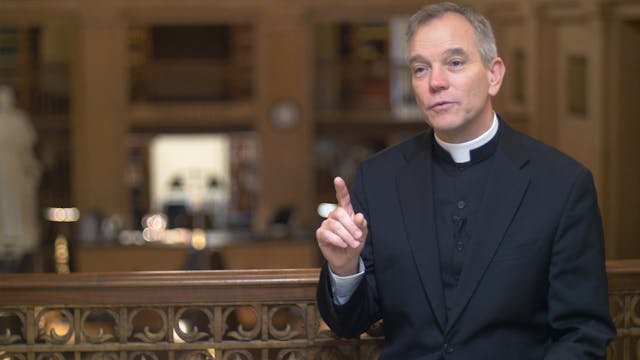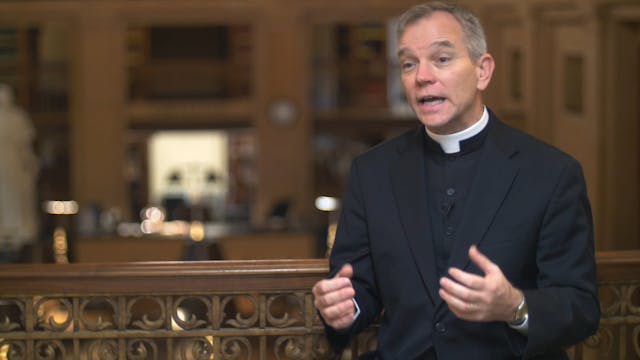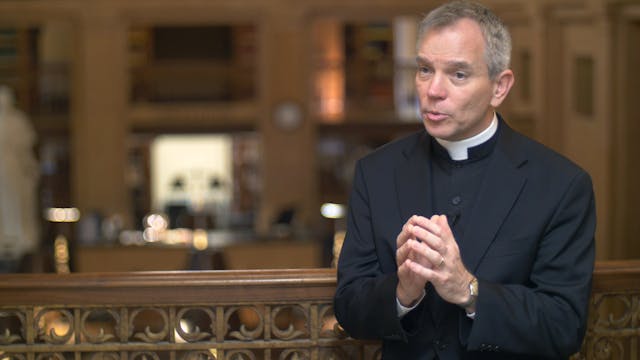A frequent question, especially in light of the translation of the third edition of the Roman Missal, concerns the language of the Mass. Why do the words of Mass sound so different from the language we use in everyday life? Human beings express spiritual realities through cultural language, gestures and actions. Thus the Catechism teaches that one source for understanding Mass is found in human culture. Every culture has its own language. Every language develops within the context of a particular culture.
Up Next in Opening Up the Treasures of the Mass
-
Liturgist and Liturgiologist
What is the difference between a liturgist and a liturgiologist? This is an important question because the answer has an impact on how we approach participation in the Mass. A liturgist is one who offers public worship of God. The Church teaches that Christ is the Supreme Liturgist, offering hims...
-
Vestments—Part I
The vestments worn during Mass are sacramental signs. This suggests that they not only serve the practical purpose of covering street clothes, but that they also represent hidden realities. They signify that the celebration of the liturgy is not something ordinary, but that it takes us beyond the...
-
Vestments—Part II
The alb, along with the amice and cincture, is the sacred garment common to ordained and instituted ministers. The sacred vestments provide distance from the mundane reality of everyday life. They become a sacramental sign of the wedding garments of eternity, and prepare both faithful and ministe...




7 Comments